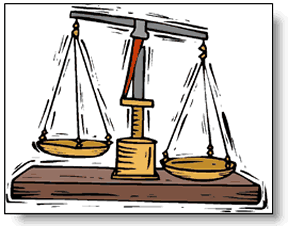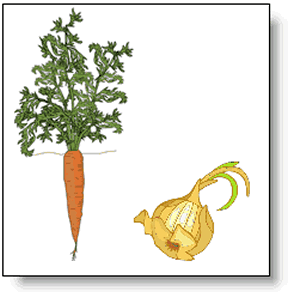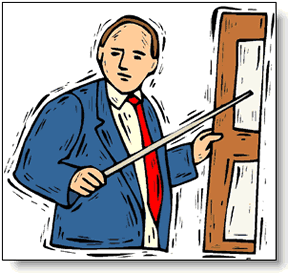Evidence
Tutorial Directory
What is evidence?
Evidence
noun 1: your basis for belief or disbelief; knowledge on which to base belief; "the evidence that smoking causes lung cancer is very compelling" [syn: grounds]
2: an indication that makes something evident; "his trembling was evidence of his fear"
3: (law) all the means by which any alleged matter of fact whose truth is investigated at judicial trial is established or disproved
verb 1: provide evidence for; stand as proof of; "His high fever attested to his illness"; "The buildings in Rome manifest a high level of architectural sophistication" [syn: attest, certify, manifest, demonstrate]
2: provide evidence for; "The blood test showed that he was the father"; "Her behavior testified to her incompetence" [syn: testify, bear witness, prove, show]
3: reveal; "a telling sign" [syn: tell, ascertain, demonstrate]
Source: Princeton University

Why care about evidence?
Opinions and conclusions are only as credible as the arguments and evidence used to support them. The amount, quality and logic of the evidence is a key to the reliability of the information presented in a Web page.
Web page 1: My body is orange. My top is green. I am a carrot.
Web page 2: My body is orange. My top is green. I am an onion.
Which web page provides credible evidence? Which page will you accept as supportive of your research on orange vegetables?

How do we recognize evidence?
Look for verifiable facts or references to authoritative sources that can help you determine the credibility of the argument or information. This is also called fact checking. Cross reference the information to other sources. (The Encyclopedia Britannica calls the carrot "orange-colored roots".) But in the end, you will have to use your own critical thinking skills to sort out fact from opinion and logical argument from emotional appeals or generalizations. Cuesta College does an excellent job of explaining how to sharpen these particular critical thinking skills.
Many writers who express their ideas use evidence or data to support their ideas. One must weigh and evaluate the quality of this evidence; one must look behind the available evidence and assess its type and adequacy. Types of evidence include:
- Personal experience or observation
- Statistical data
- Examples, particular events, or situations that illustrate
- Analogies (comparisons with similar situations)
- Informed opinion (the opinions of experts and authorities)
- Historical documentation
- Experimental evidence
In 2016, political campaigns challenged the conventional view of evidence. Each side called the others liars. Many statements that could not be supported with facts were reported in the press. The truthfulness of claims didn't seem to matter to the voting public. What mattered seemed to be what the listeners wanted to hear--something that Stephen Colbert calls 'truthiness'. One has to question why evidence didn't seem to matter to many people in the 2016 US Presidential election.
Each type of evidence must be weighed in relation to the statement it supports. Evidence should directly, clearly, and indisputably support the case or issue in question. If you don't look for evidence you blindly place all your trust in the alleged accuracy of a source. How do you know they are right?
Authored by Lora K. Kaisler & Dennis O'Connor | updated 2016